
“You know you are desperate when you are actually looking at a second-hand monkey ventilator and thinking, is there any way we can use this?” It is a line worthy of a JG Ballard novel – 22nd century survivor of ecological disaster scours dystopian cityscape for booty – but it was spoken in March 2020 by the “de facto Chief of Pandemic Procurement” for the Oxford University Hospitals NHS Foundation Trust.
Frantically searching for ventilators to aid Covid-19 patients, the physician receives an offer from Oxford University’s physiology department, whose equipment and expertise are perfect for sustaining the lives of… moribund macaques. Dr Rachel Clarke’s reaction – “The university’s offer, while kind, is ill-suited to an adult intensive care unit” – is a model of restraint. And it is such measured prose, a recurring feature of Breathtaking: Inside the NHS in a time of pandemic, that gives added punch to the author’s expressions of raw emotion when they erupt on the page.
Breathtaking covers the period from 1 January to 30 April 2020 and begins with palliative care specialist Dr Clarke arranging for one of her hospice patients to watch Chelsea play a New Year’s Day fixture. But while this doctor is “prescribing emergency football matches, some 5,500 miles away in central China, another doctor is greeting the new year with an increasing sense of foreboding”.

In Wuhan Central Hospital, ophthalmologist Li Wenliang – who would later die from Covid-19 – takes to social media, warning his colleagues to don personal protective equipment (PPE) as he has seen seven people quarantined with a SARS-like infection.
On 9 January, with the world’s first known Covid-19 fatality having occurred in Wuhan, the mood of grim portent in the unfolding narrative gathers momentum with all the inevitability of a piano falling out of a window. A faraway infection, which had first grabbed Clarke’s attention only fleetingly, is making its inexorable way westward. By early February, with members of Britain’s Chinese community under verbal and physical attack (a fact which I had been unaware of), Clarke is still caring for her footie-loving patient, but now concerned with the rising death toll in Italy.
In Breathtaking the reader’s attention is grabbed by the immediacy of Clarke’s wonderfully wrought narrative
The rest is – or, rather, in due course will be – history. But history demands perspective, which only comes with time. In Breathtaking the reader’s attention is grabbed by the immediacy of Clarke’s wonderfully wrought narrative. This is important because it preserves for posterity not just the real-time experiences of health professionals struggling to cope with the emergency – nurses sent out “to face Covid in bin bags” – but the stories of some of those struck down by Covid-19 and of those who gave their help.
The story of one patient, Ken Wood, is deftly woven into the text and with each turned page I found myself eager for news. Then there is John, one of Clarke’s hospice patients who are being asked “one by one, what their wishes would be if they became infected with coronavirus”. John, who knows he is dying and would prefer to stay in the hospice, nevertheless instructs Clarke to send him to hospital if she is concerned because “I wouldn’t want anyone else to catch it because of me”.
This act of generosity catches Clarke’s breath in her throat: “It is easy to forget,” she writes, “amid the frenetic business of living, that most people try to be good.” And there is Sandra, who crochets a bag of small woollen hearts that are soon put to life-enhancing use: If a patient is dying, the family are given a heart, “one of a pair”, with its partner placed on the patient’s pillow or bedside table. These little scraps of wool, Clarke observes, “speak of love, of kindness and compassion. They say that patients are still cared for as people.”
Breathtaking makes justifiable criticism of aspects of the British Government’s response to the crisis, but by not descending into a polemic it gives space for patients, health professionals and kind strangers to be exemplars of what it means to be human. Indeed, when the history of this pandemic is written, this book will contrast with less illustrious behaviour. That some members of the scientific establishment have behaved badly is beyond doubt and they must justify their decisions.
For example, the title of a BMJ (13 November 2020) article – ‘Covid-19: Politicisation, ‘corruption’, and suppression of science. When good science is suppressed by the medical-political complex, people die’ – is a damning indictment. Whether it be PCR false positives, or the evidence-base for/against masks and/or lockdowns, or the data concerning people dying with/from Covid-19, open critical scientific inquiry is not only central to science; it is central to a civilised society.
In 1992 JG Ballard defined retroviruses: “Pathogens that might have been invented by science fiction. The greater the advances of modern medicine, the more urgent our need for diseases we cannot understand.” It is a definition equally applicable to SARS-CoV-2, and Breathtaking, set in the eye of the Covid-19 storm, articulates admirably how the human struggle to cope with a disease that could not at first be understood affected the lives of those who had to cope.
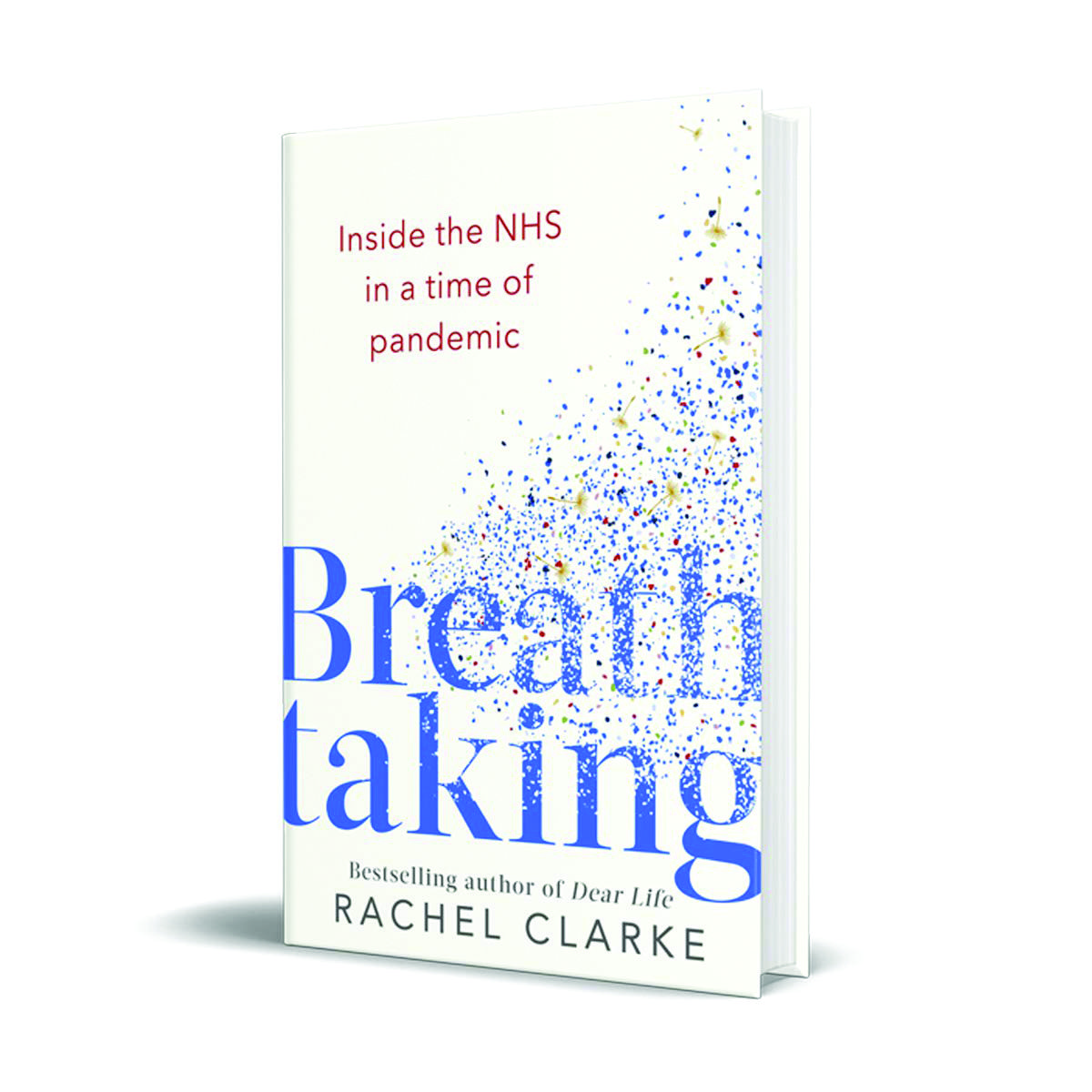

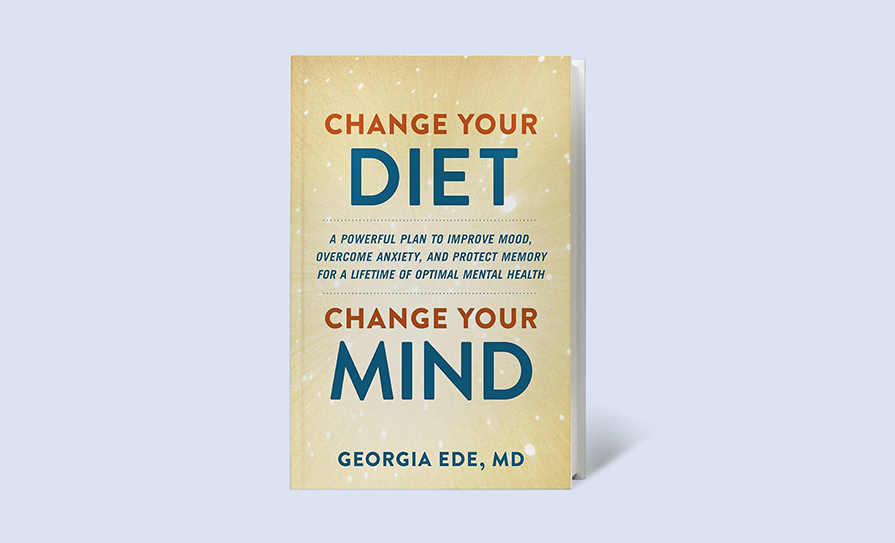

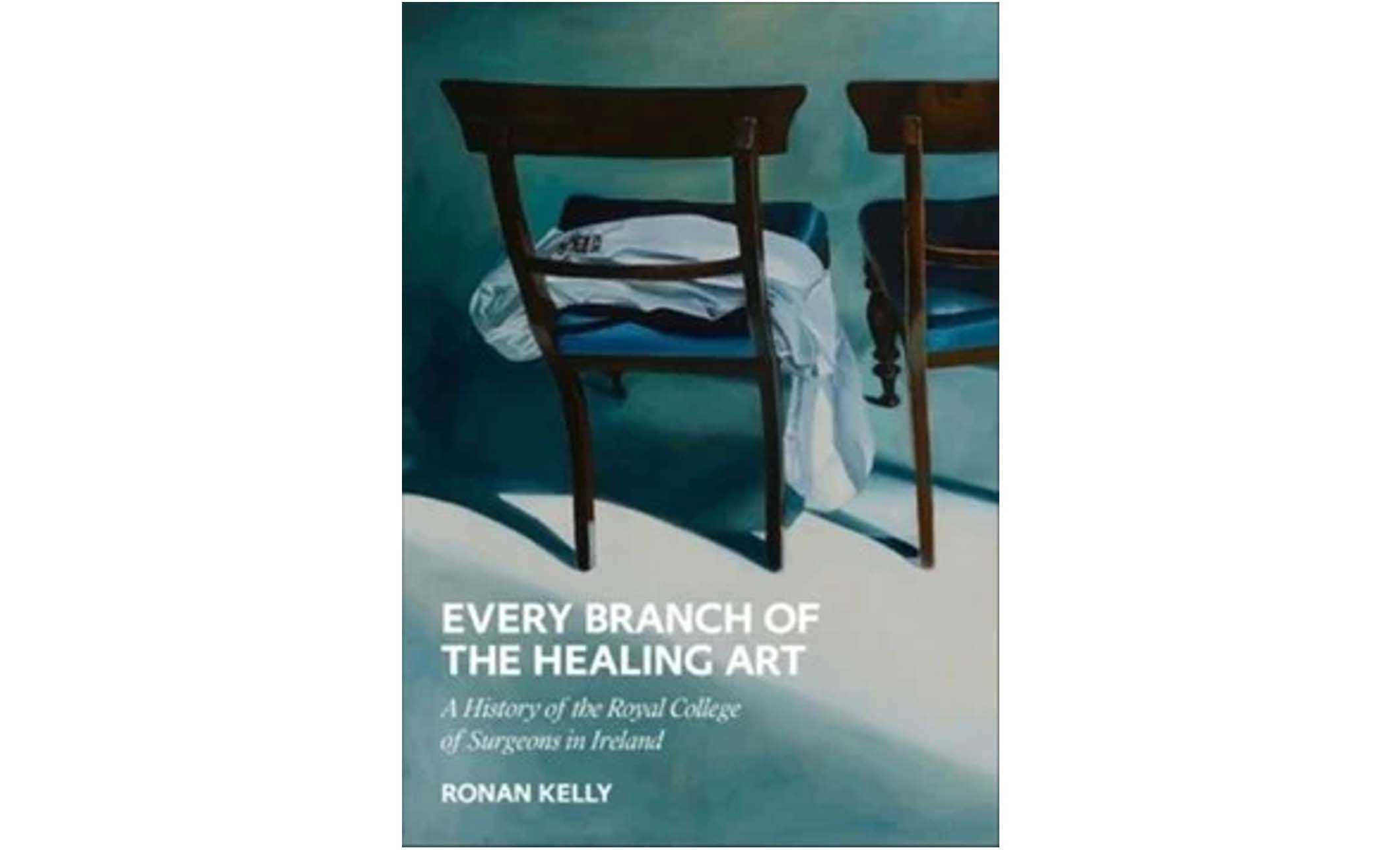
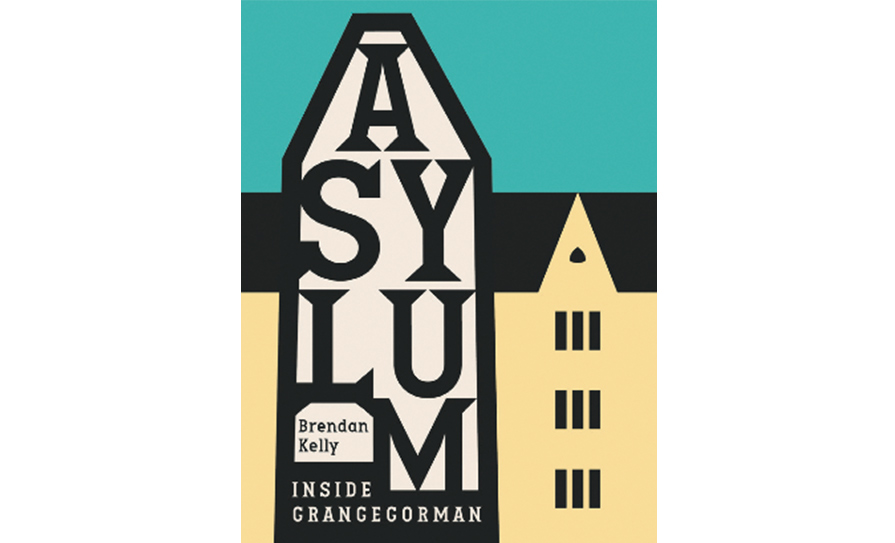

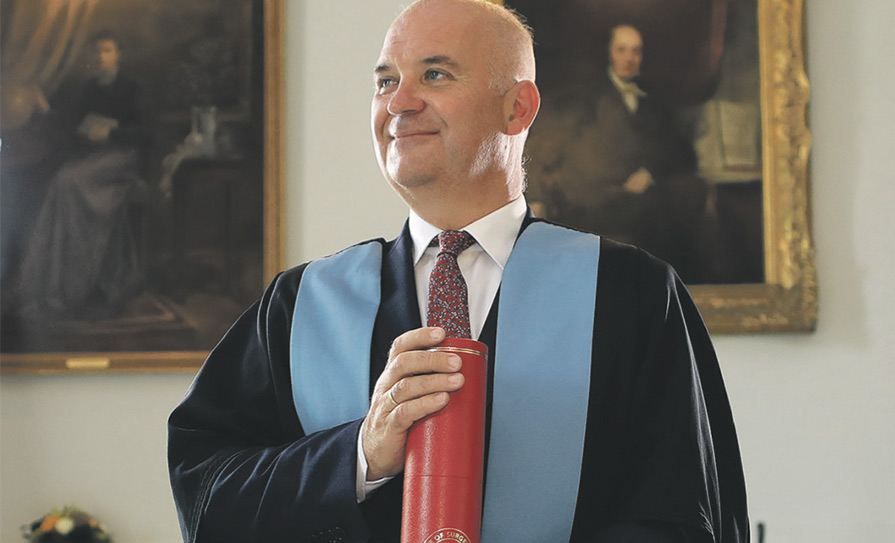
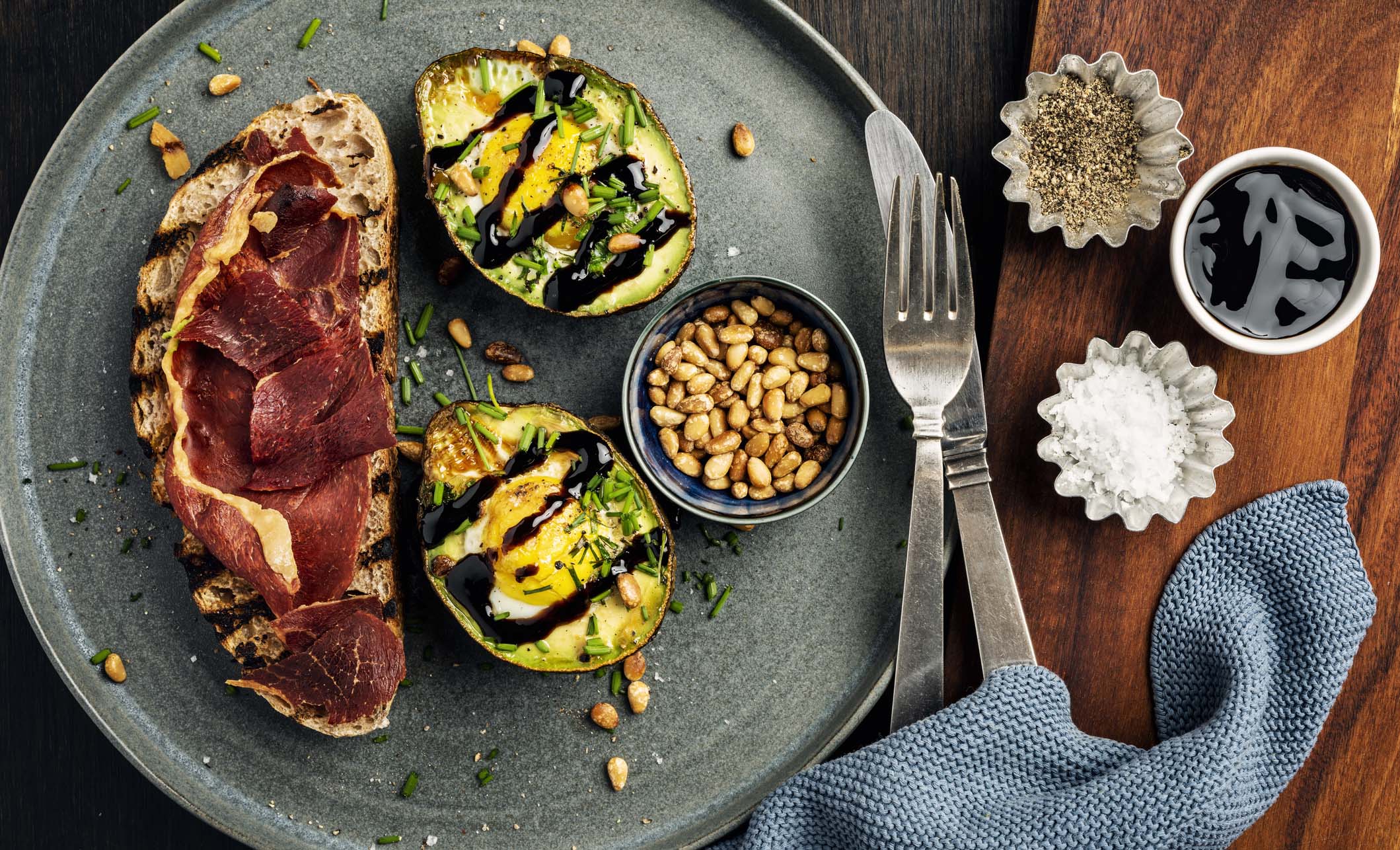




Leave a Reply
You must be logged in to post a comment.